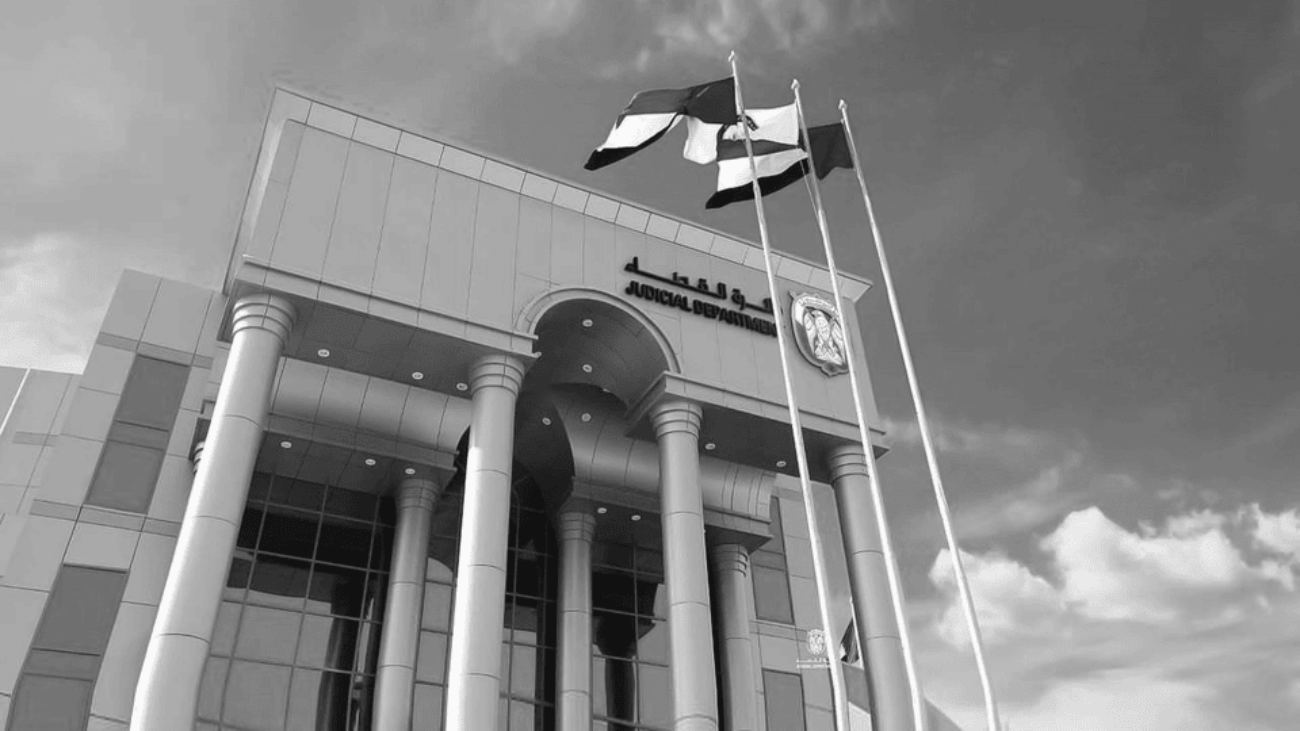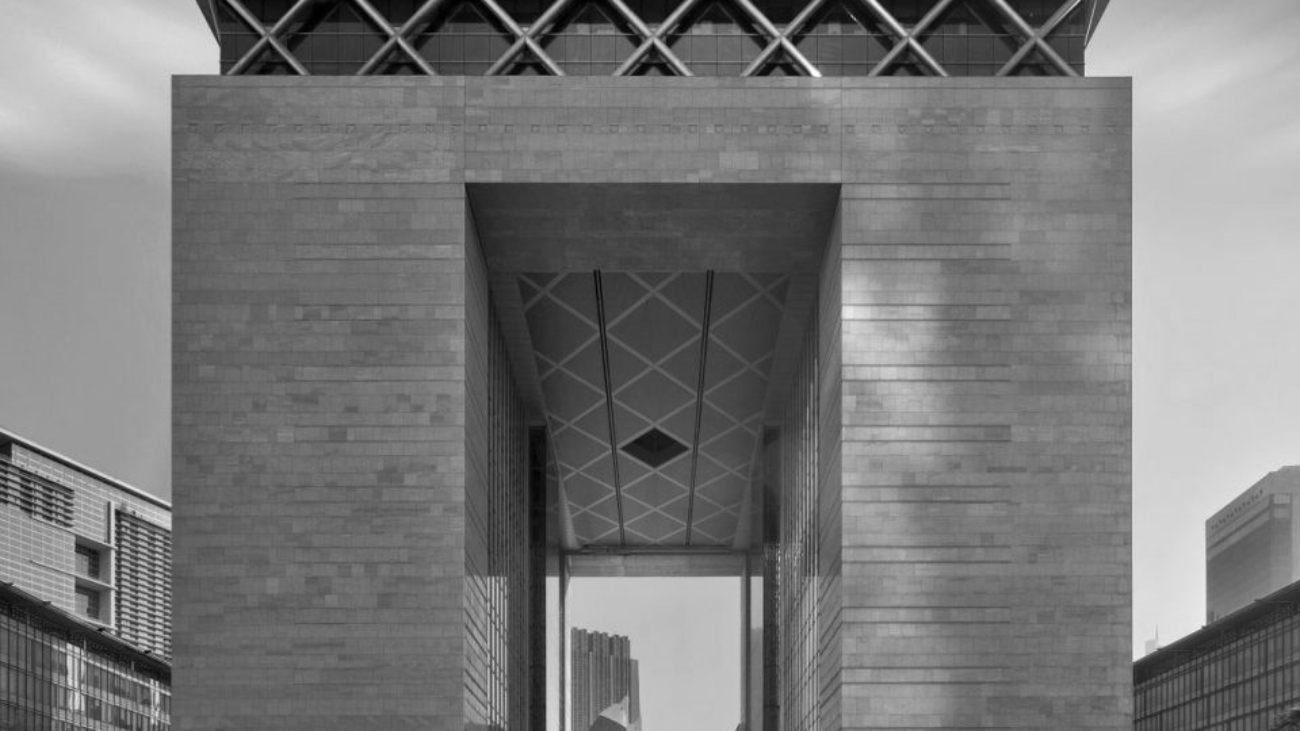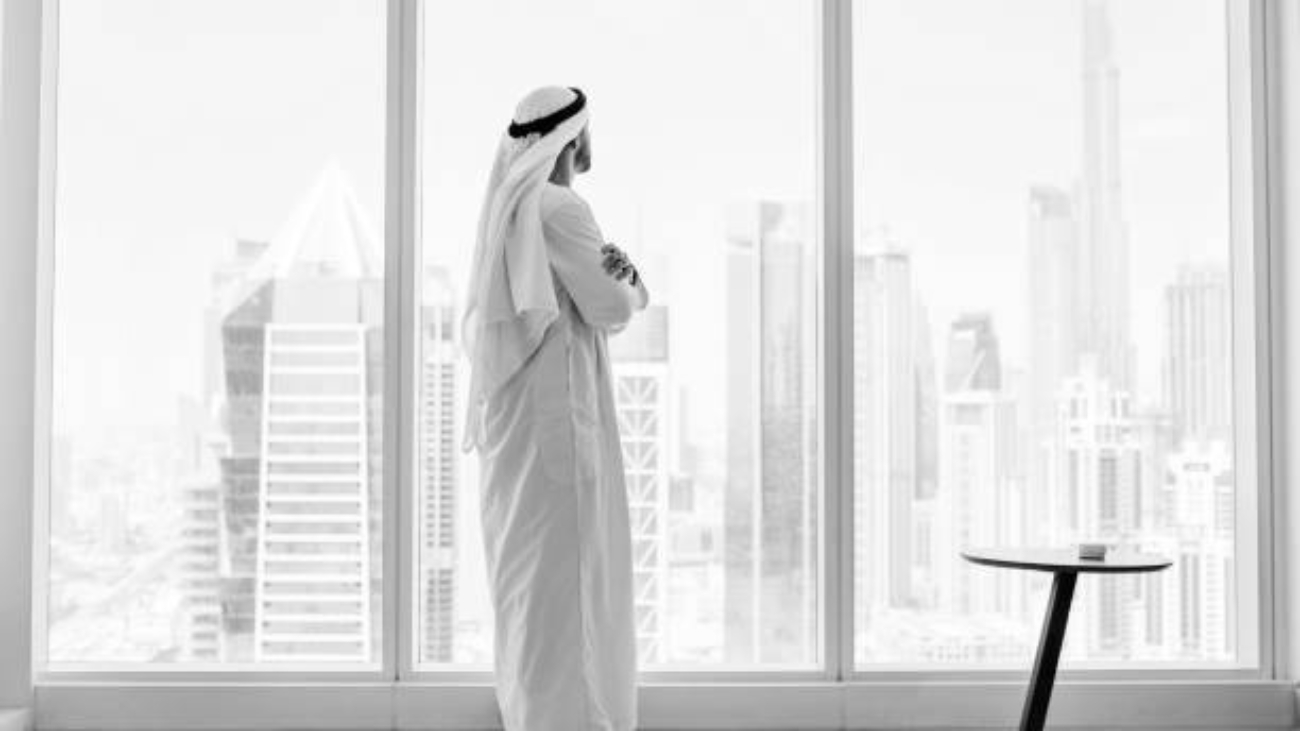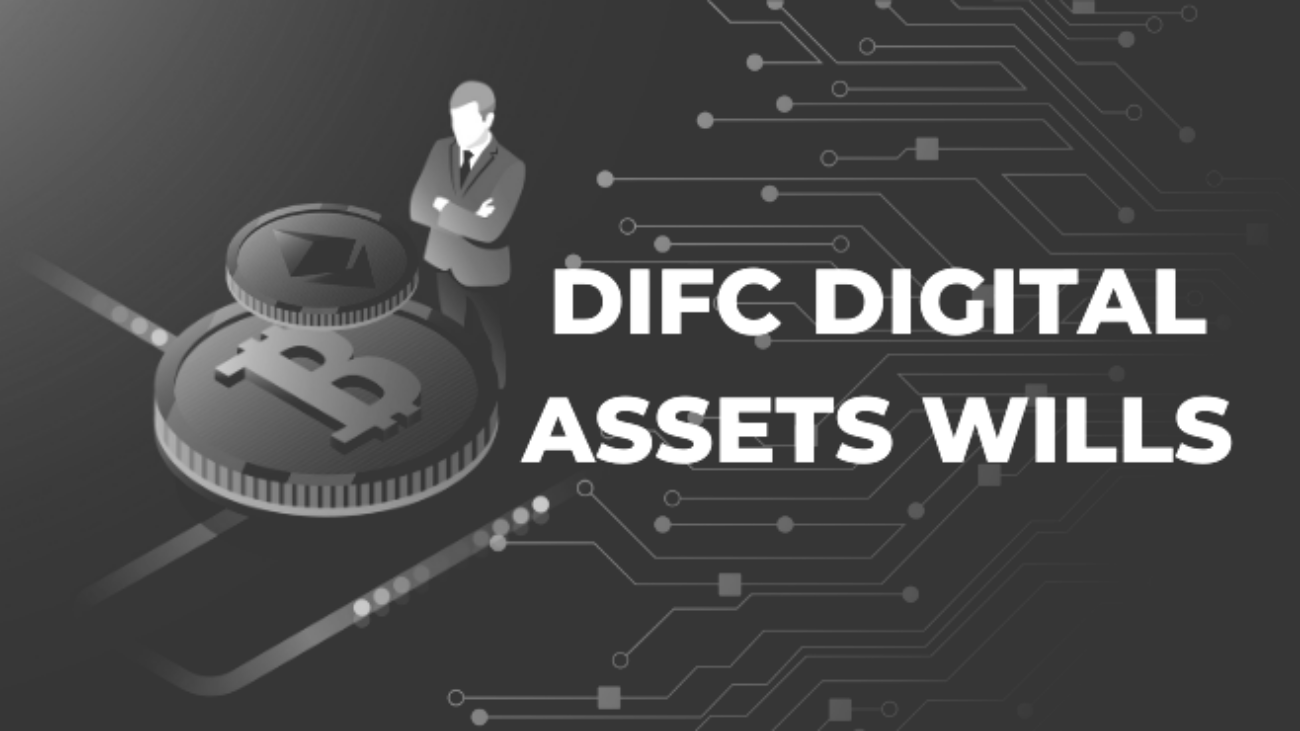Modernizing Justice: The Role of Artificial Intelligence in Abu Dhabi’s Courts
Why is a Family Constitution/Charter Important for Family Businesses?
Family-owned businesses form a significant part of the UAE’s economic fabric, but they face unique challenges in governance, succession, and conflict resolution. The UAE’s Family Business Law (Federal Decree Law No. 37 of 2022) emphasizes the importance of a family constitution—a non-legally binding document reflecting family values and providing guidelines for business operations. A well-drafted family constitution can foster internal cohesion, establish clear roles and responsibilities, avoid conflicts, and pave the way for future generations. It also supports professionalization, enhances economic success, and provides frameworks for dispute resolution
Secure Your Brand: Essential Trademark Protection Steps Before Launching Your Brand
Essential Trademark Protection Steps Before Launching Your Brand










